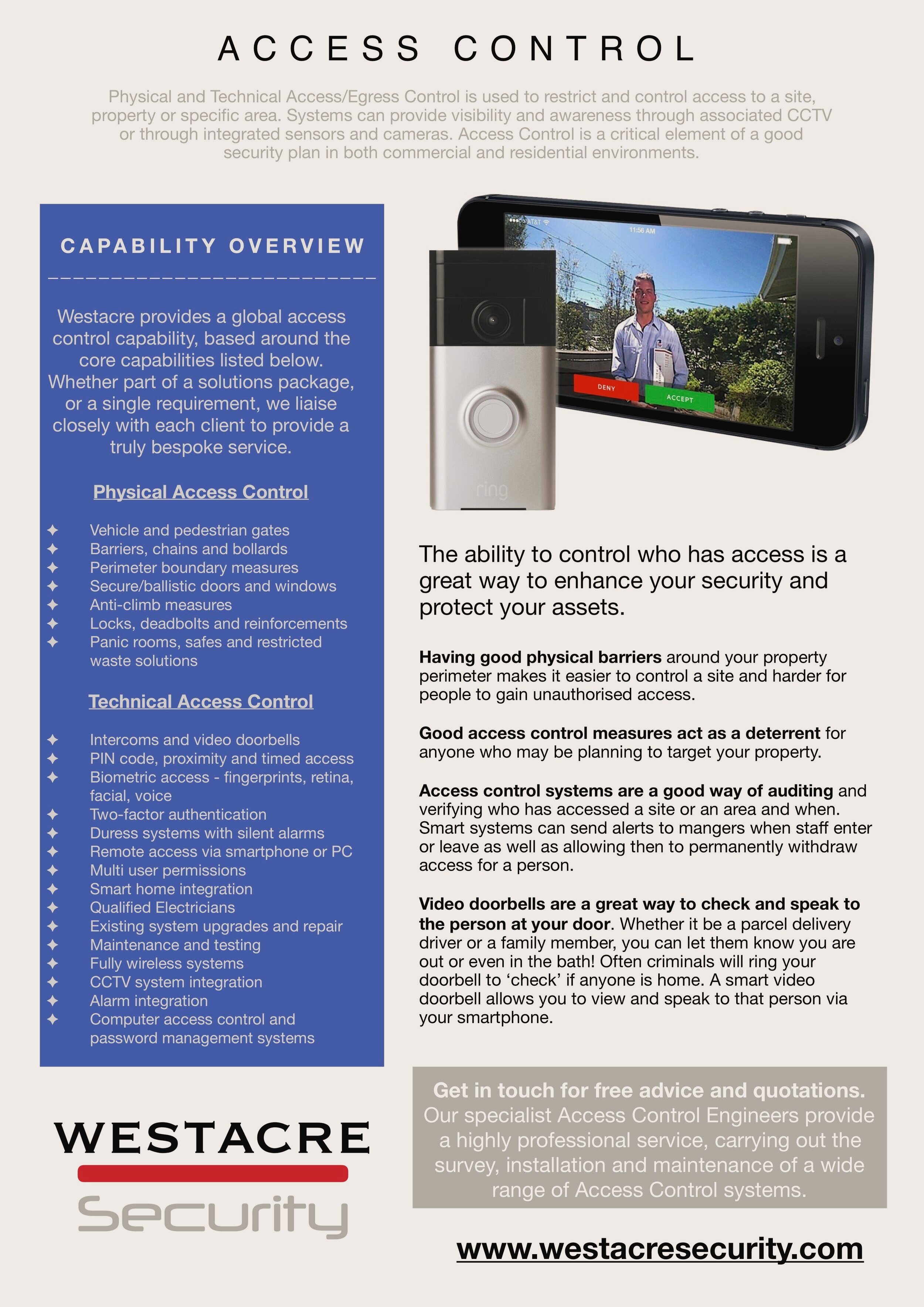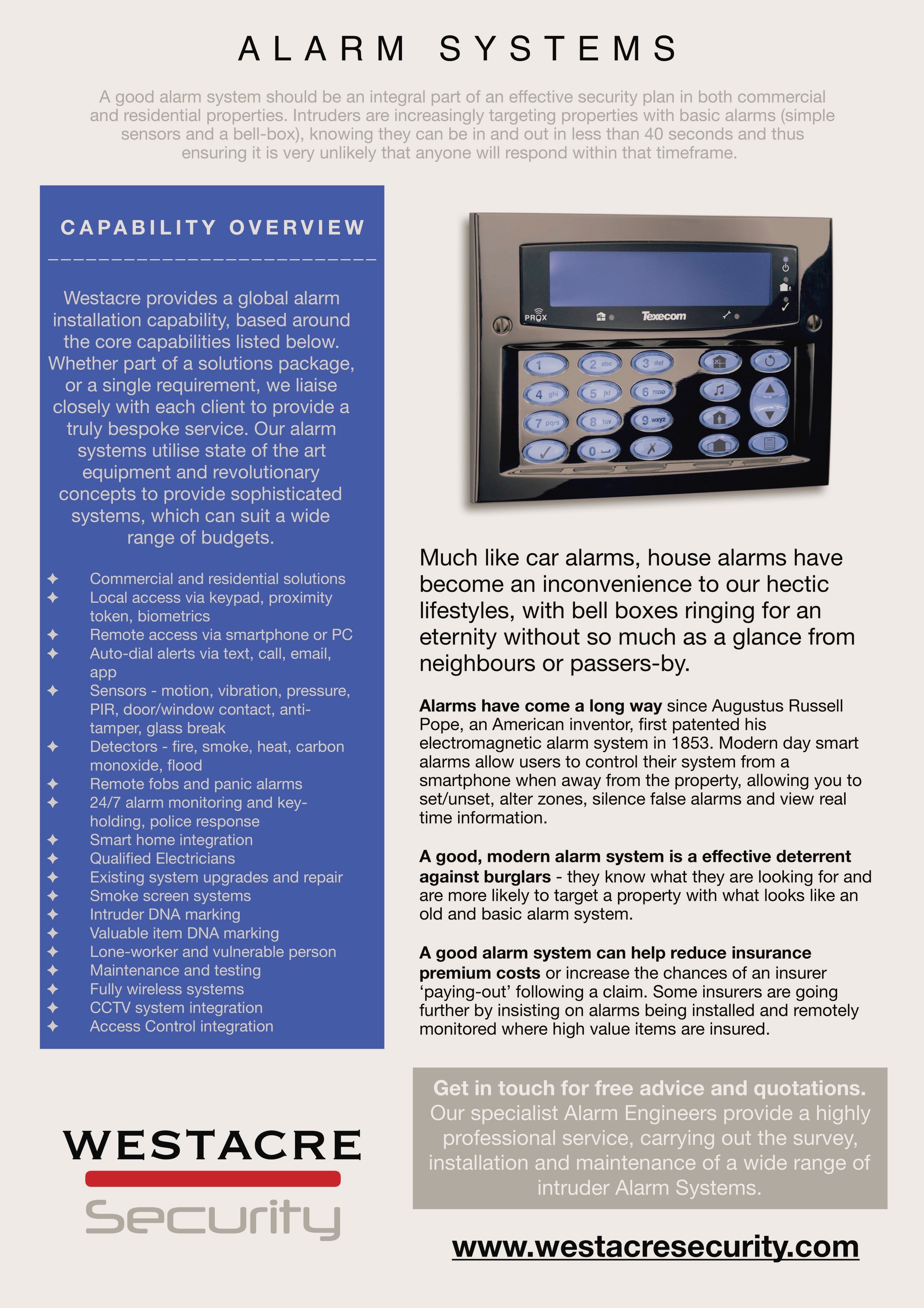Wishing a very Happy New Year to all our clients, personnel and associates as we close the curtains on another decade. 2019 has been an exciting year for Westacre Security, with the company making some fantastic business development in tangent with a rapid moving private security industry.
Threat Update:
The year 2019 was dominated by feelings of uncertainty, primarily caused by the lack of firm decision making on Brexit and a general election which saw very different political pledges being presented to the country. There was an undoubted knock-on effect felt throughout the private security industry, with high-net-worth clients procrastinating on investments (including security spending) and police priorities struggling with the balance of national security, increased new threats (hate crime, people trafficking, climate protestors) and everyday community policing. One thing that didn’t stall in 2019 was the level of crime and the severity of violence - the streets of our big cities are now very dangerous places to be after dark and this new tolerance of violence has manifested in more aggressive criminal gangs who are increasingly taking higher risks to target more lucrative victims. There were some high-profile raids conducted in areas of London which were previously considered low risk, and surrounding counties of Oxfordshire, Kent, Berkshire and Hampshire all saw large-scale aggravated burglaries carried out by armed gangs. The theft of luxury cars, a crime which had previously been on the sharp decline, was more prominent in 2019, as was targeted high-value jewellery thefts. In almost all of the significant burglaries, the victims had ‘security’ capabilities and personnel present at the property, but their performance was just wholly inadequate - you get what you pay for in this industry and unfortunately there are a lot of security companies operating who don’t understand the threat, how to be a deterrent or how to deal with an imminent attack. The industry is awash with cheap, inexperienced and untrained security personnel who are being exposed and exploited by very well organised and financed criminal gangs - it is no longer sufficient to just have ‘security’, you need to have ‘effective security’. The Security Industry Authority (SIA), which regulates the industry, has again failed to implement any sort of regulatory measures which properly reflect qualifications and experience in security, instead continuing their endorsement of very short and easy training courses which allow someone with zero security experience to complete a few days training and then commence a career as a security operative - madness when you consider the importance of the role in a residential security team scenario where a lone operator might be solely responsible for the safety of a family and their property.
The increased cyber threat has featured in the headlines but more focussing on state sponsored attacks, with little reporting of huge data breaches and credit card fraud. The introduction of things like GDPR and the revised Data Protection Act has done little to stop organised cyber crime from impacting on us all.
Westacre Update:
Following the launch in 2018 of two new affiliate companies, Westacre Cyber and Westacre CCTV, 2019 saw Westacre Training commence business by delivering first aid and self-defence courses aimed at specific audiences - watch out in 2020 for our ‘Parent and Baby Self-Defence Course’ which will aim to give learners a good level of skills in order to protect themselves and their young children from muggers, terrorists and other violent attackers.
Westacre continued to cement our reputation in France and Monaco in 2019, increasing our presence in the region during the summer months as we continue to provide integrated security solutions to high-net-worth families, their property and business interests.
By 2030 it is anticipated that autonomous robots will be operating alongside human security personnel. At Westacre, we are ahead of the game, with the recent partnership with Ziva Robotics and their wheeled security camera vehicle. We have been assisting in trials across some of our sites with the latest prototype, providing useful feedback to the team of Ziva engineers who are working hard to produce a machine ready for the private security market very soon. Elsewhere, drones continue to be both an asset to our security teams but also a threat to our clients so we’re continuing our testing of various anti-drone capabilities which alongside recently introduced laws on registration, will help reduce this latest threat.
Looking forward to the next 12 months, we are excited to be launching a Rapid Deployable Security Pack which will allow a short-notice security team to deploy with a full suite of physical and technical security measures including CCTV, drone, motion sensors, alarms, perimeter alerting devices, lighting, power and communications to remote sites.
Military Update:
Finally, the work of the British Armed Forces continues into 2020, with a total of 11,000 UK military personnel deployed over the new year on 35 operations in 30 countries across the globe including deployments to Afghanistan, Iraq, Syria, Somalia, South Sudan, Estonia and Ukraine amongst others. Less publicised is the fact that since 1969, the UK has had a submarine on patrol for every minute of every day, providing the UK’s nuclear deterrent and this will also continue in 2020. The potential of catastrophic loss of functions post-Brexit remains, so our military will continue making preparations at home to step in and assist should this materialise. Westacre will continue to support our own reservist personnel as they make a contribution as well as continuing our support to the Hire a Hero charity. Our work for the military community was officially recognised in 2019 as we were shortlisted as one of three finalists at the Heropreneurs Awards.
Happy New Year and stay safe in 2020.
























